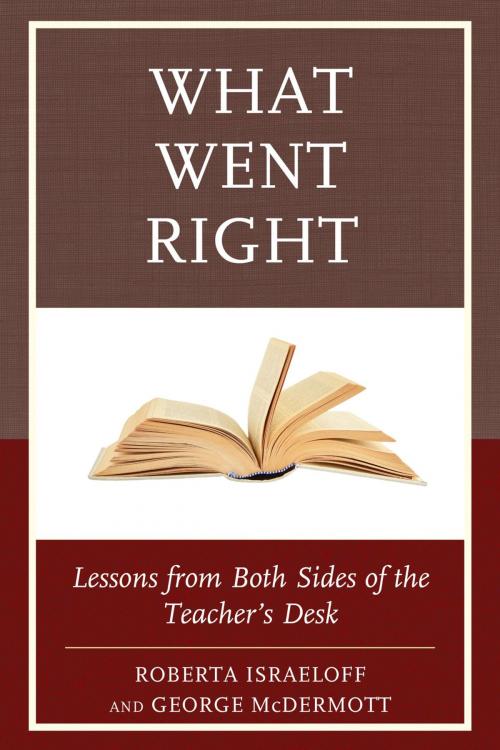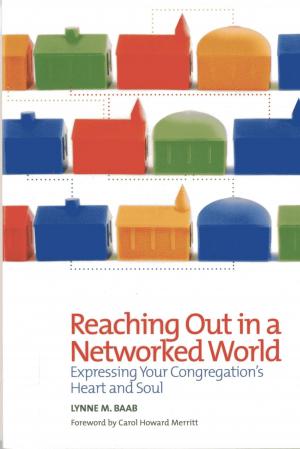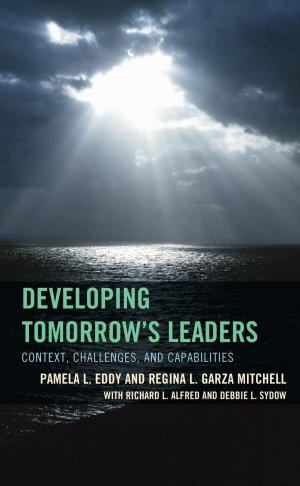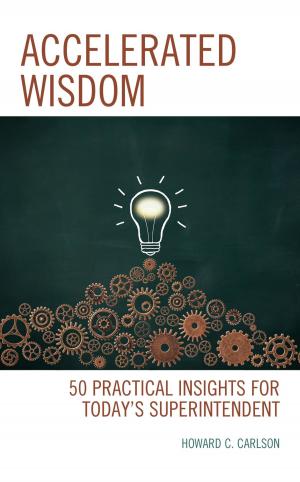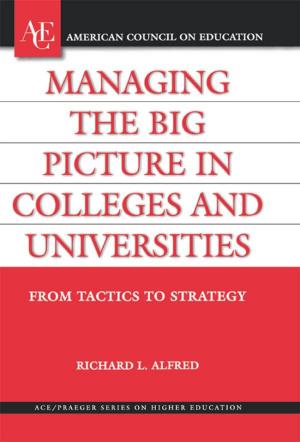What Went Right
Lessons from Both Sides of the Teacher's Desk
Nonfiction, Reference & Language, Education & Teaching, Teaching, Teaching Methods| Author: | Roberta Israeloff, George McDermott | ISBN: | 9781475834154 |
| Publisher: | Rowman & Littlefield Publishers | Publication: | May 24, 2017 |
| Imprint: | Rowman & Littlefield Publishers | Language: | English |
| Author: | Roberta Israeloff, George McDermott |
| ISBN: | 9781475834154 |
| Publisher: | Rowman & Littlefield Publishers |
| Publication: | May 24, 2017 |
| Imprint: | Rowman & Littlefield Publishers |
| Language: | English |
In What Went Right: Lessons from Both Sides of the Teacher’s Desk co-authors Roberta Israeloff and George McDermott resume a conversation they began in 1967—when she was in eleventh grade at Syosset (N.Y.) High School and he was her English teacher.
In 2014, after finding each other on Facebook, they began an email correspondence—as contemporaries, rather than student and teacher—and quickly discovered that neither had ever stopped thinking about that school and the many ways it influenced them.
As they shared their impressions of how and why public education has changed since then, they realized that a single academic year can have a deeper and longer-lasting impact than they had ever imagined.
Personal and probing, evocative and wide-ranging, the letters that compose this book ask and attempt to answer some timeless—and timely—questions: What makes a teacher or a class memorable? How can the teacher-student relationship be supported and strengthened? What does being “educated” truly mean? And, perhaps most important, what role can free public education play in sustaining our democracy?
In What Went Right: Lessons from Both Sides of the Teacher’s Desk co-authors Roberta Israeloff and George McDermott resume a conversation they began in 1967—when she was in eleventh grade at Syosset (N.Y.) High School and he was her English teacher.
In 2014, after finding each other on Facebook, they began an email correspondence—as contemporaries, rather than student and teacher—and quickly discovered that neither had ever stopped thinking about that school and the many ways it influenced them.
As they shared their impressions of how and why public education has changed since then, they realized that a single academic year can have a deeper and longer-lasting impact than they had ever imagined.
Personal and probing, evocative and wide-ranging, the letters that compose this book ask and attempt to answer some timeless—and timely—questions: What makes a teacher or a class memorable? How can the teacher-student relationship be supported and strengthened? What does being “educated” truly mean? And, perhaps most important, what role can free public education play in sustaining our democracy?
